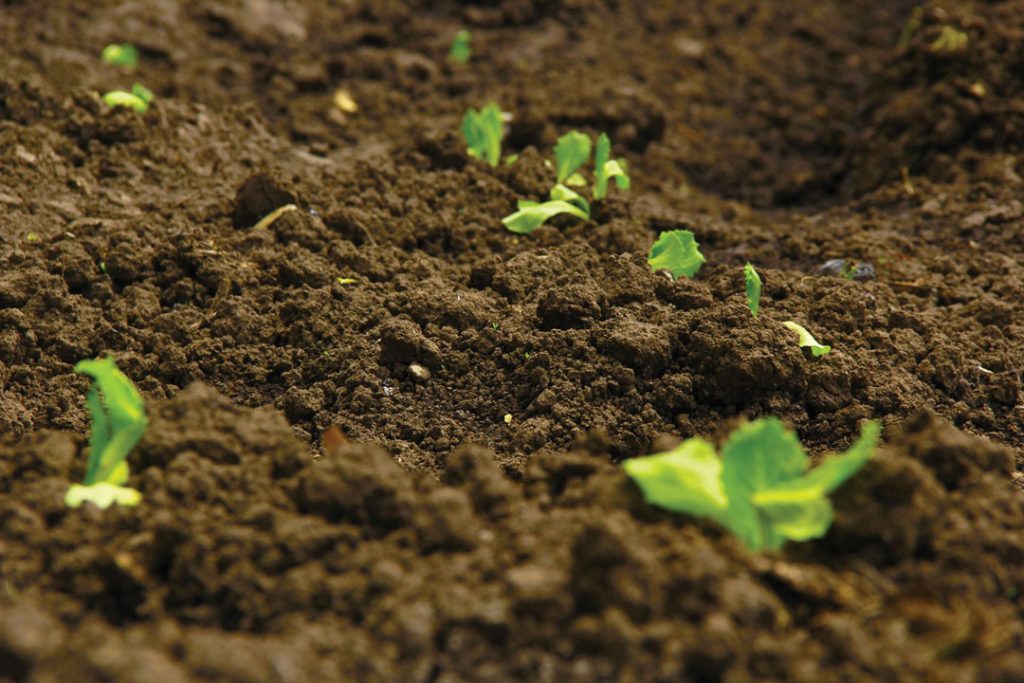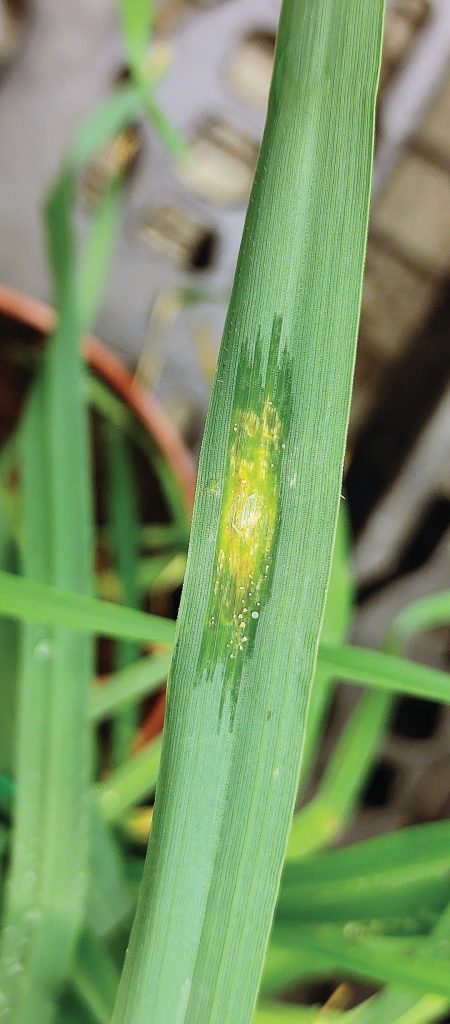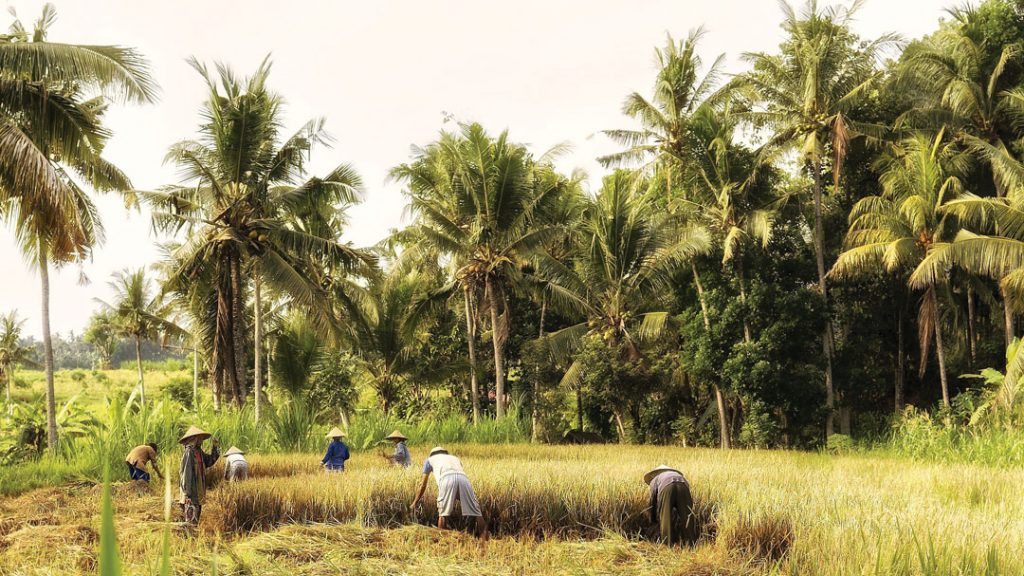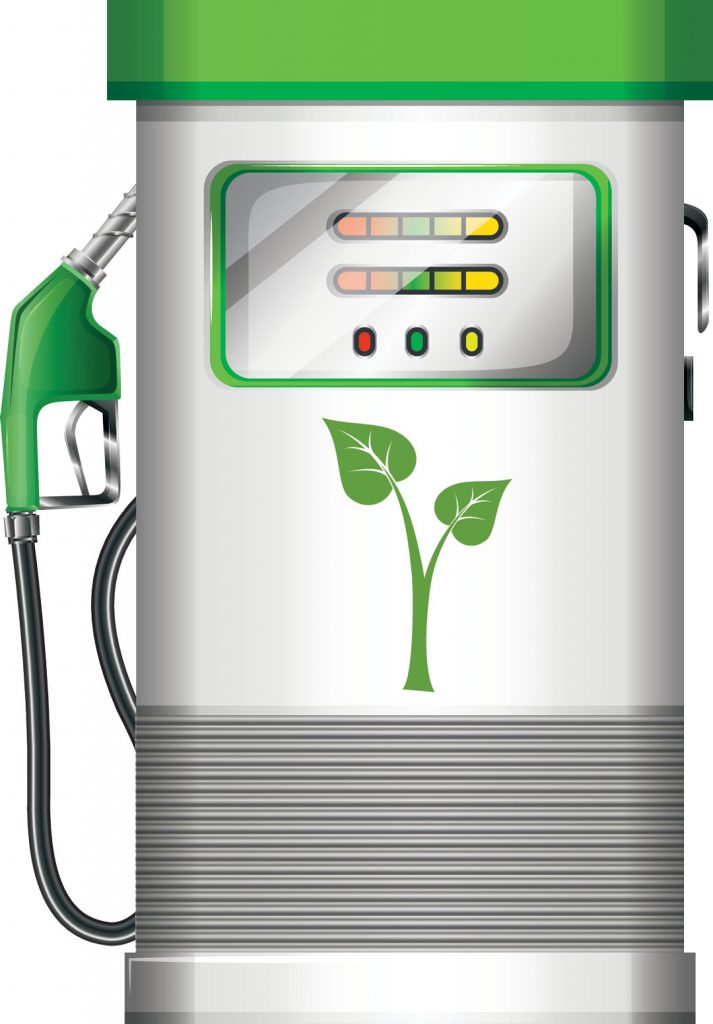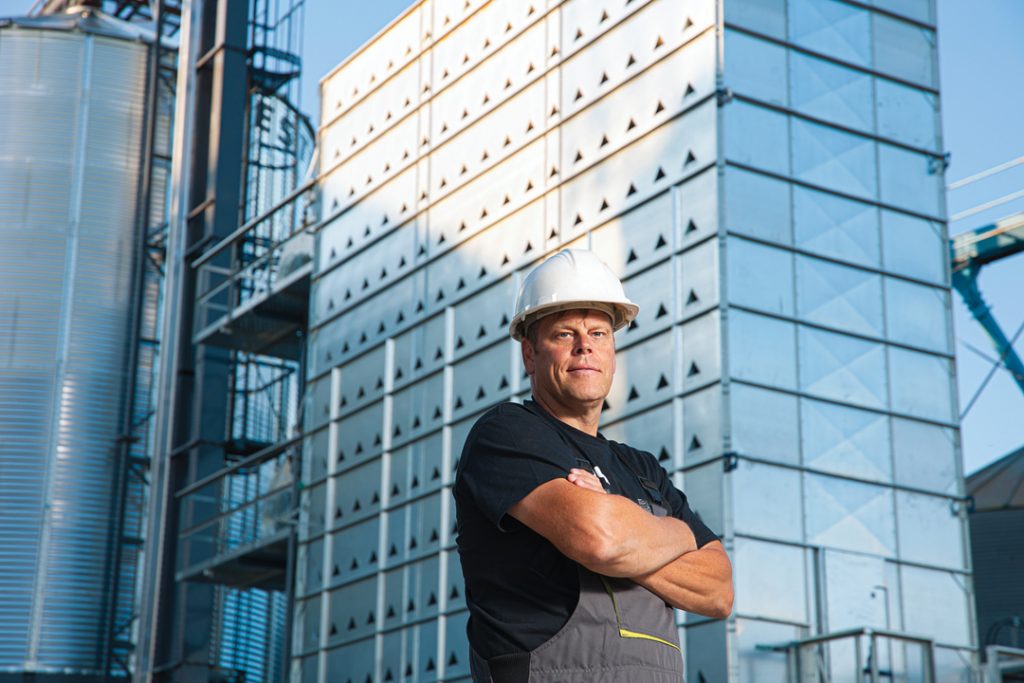THE BIG C
At first glance, the farmer’s role in helping Canada reach its ambitious goal of net-zero CO2 emissions by 2050 appears simple: lower emissions and adopt technology and alternative management practices that boost soil carbon sequestration. Many believe addressing the carbon equation offers economic advantages, too. Farmers who cut back on inputs subject to the carbon tax save money, and those who adopt so-called regenerative practices may participate in the growing carbon economy by collecting and selling carbon credits. While this sounds straightforward, it is anything but.




